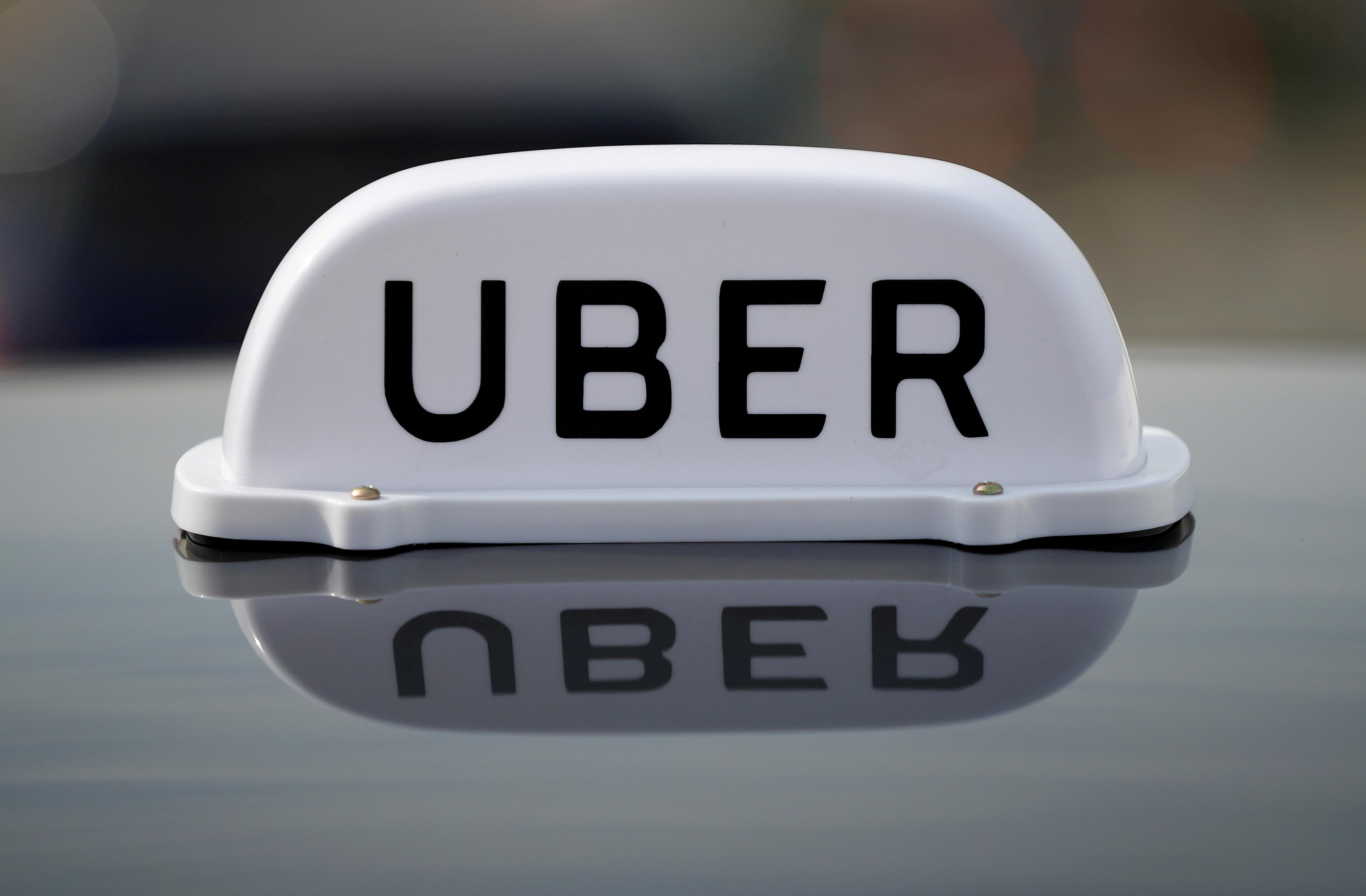
We brought you a post last week about the upcoming Uber IPO, and while it was hard to predict how much the shares would sell for, we now have a better idea. Uber might end up being the largest company to go public this year, and maybe for a while, but instead of getting the original prices that they wanted, Uber has priced its IPO at $45 a share. While nothing to be ashamed of, but those prices are at the low end of the spectrum. But even at $45 a share, the company will be worth around $82 billion, making it one of the highest valued IPOs ever. Many analysts were calling for $2 to $5 billion more as Uber had stated in their S-1 filing that pricing the shares appropriately is “just good business”.
Uber, which will trade under the obvious ticker “UBER”, will raise approximately $8.6 billion in cash from the offering and that will be used to further advance the business. This is still a very big IPO, but Uber had been asking for 50 percent more to come in around 120 billion as recently as a few weeks ago.
For many of us, when we see those numbers, we think that it’s a fair number and as a result value. But this initial public valuation is kind of disappointing for the company and its early investors. To put this into perspective, this is well below the $100 billion or more that the company was reportedly aiming for just a few weeks ago, but this is only two-thirds of the $120 billion that they were predicting last year.
To be fair, the IPO opened on Thursday, but the stocks won’t be sold until Friday when trading begins. And maybe that will increase the prices. After all, this is an incredibly large and valuable company. But, if the prices don’t soar, this would underscore how bad of a week they chose to go public as Uber really misjudged market demand and therefore forfeited billions.
Is it just a matter of timing or is it something else? As you already know, Lyft had its own IPO in March. Even though Lyft is considerably smaller than Uber, they are considered to be arch-enemies. Both are branching out from their taxi businesses into other areas, such as bike and scooter sharing services and self-driving vehicles. And while both have seen fast revenue growth, they’ve each failed thus far to generate cash from their operations.
Perhaps this is seen as a failure because Lyft’s IPO prices started at $72 a share, which was t the top of the range. This gave Lyft an initial valuation of $21 billion, and that was nearly 40% higher than its last private valuation, which was only nine months previous. Their stock went as high as $88.60 on their first day of trading. That said, Lyft’s shares have gradually declined, trading around $55 a share, which is down about 23% since the IPO.
There are other factors as well. At the end of last month, the company updated its IPO documents to include its preliminary estimate of its first quarter results, and the results weren’t good. Uber’s revenue in the period grew by just 18% to 20%. That was below the 25% annual pace it grew in the fourth quarter last year. And less than half the 42% rate it grew for all of last year. To add insult to injury, the stock market plunged this week and many of the major indexes are now down over the last month. Concerns about the economic impact of the trade war with China were amplified this week after President Trump threatened to impose additional tariffs on Chinese made good.
We will know more today, as the markets open.



